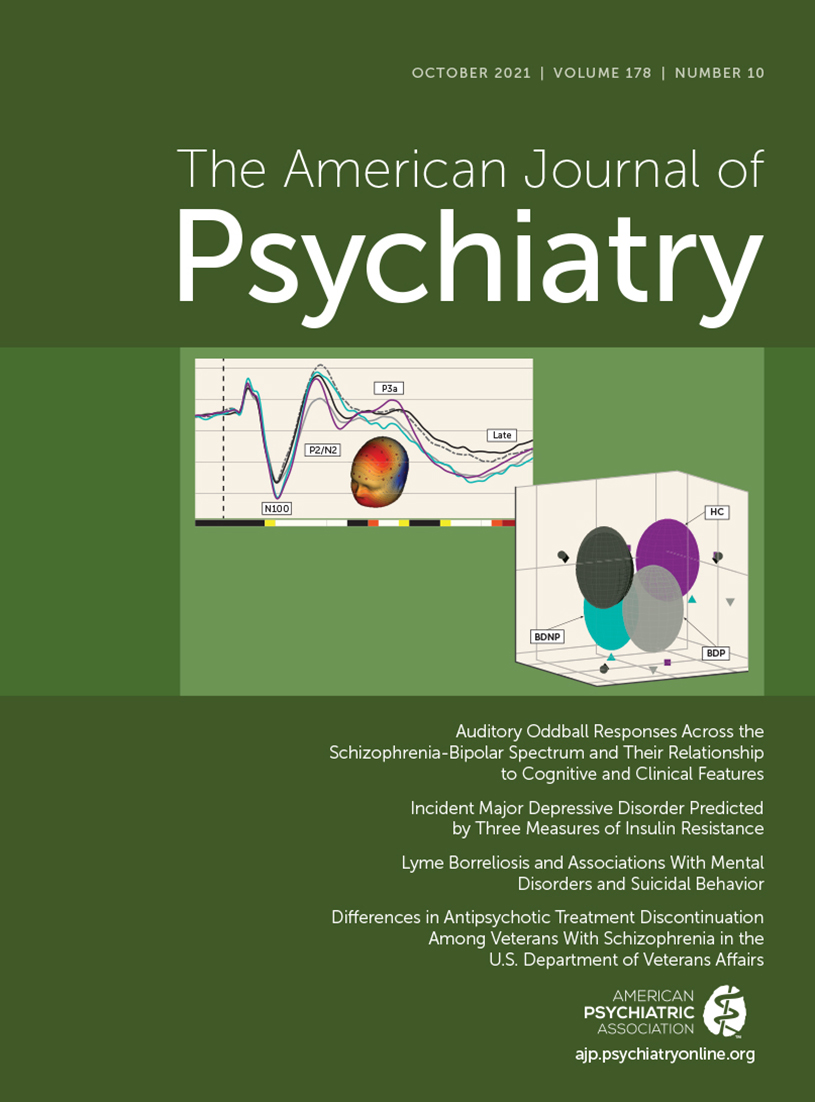Highlights From the Residents’ Journal: September 2021
Abstract
The Residents’ Journal is a quarterly e-publication that serves as a forum for resident physicians and fellows to share ideas and experiences in training, clinical practice, research, and careers.
Adrafinil: Psychostimulant and Purported Nootropic?
Danielle W. Lowe, M.D., Ph.D., Eric Dobson, M.D., Amanda G. Jewett, Pharm.D., Emily Whisler, D.O.
According to the 2017–2018 National Health and Nutrition Examination Survey, 54.8% of adults in the United States take at least one dietary supplement. Unfortunately, there is no worldwide unified definition or regulation of dietary supplements versus complementary medications versus prescribed pharmaceuticals. Dietary supplements that are available over the counter in one country could require prescriptions in another or even be classified as controlled substances. This lack of conformity means that quality control regulations for the same product vary widely among countries, based on the classification assigned. With over 85,000 supplement products marketed and regulated in the United States under the Dietary Supplement Health and Education Act of 1994, it is practically impossible for clinicians to know about every supplement that their patients might be taking. This article is a review of the drug adrafinil, sold as a purported “nootropic,” or cognition-enhancing supplement, in the United States, that highlights information from credible resources for prescribers, as well as from online user reports, to learn about this loosely classified “supplement.”
Lost in Untranslation: The Challenge of Translated and Untranslated Writings Throughout Psychiatry’s History
Deborah Y. Park, B.S., and Jeremy Weleff, D.O.
Modern psychiatric practice has historically been influenced by authors of different schools of thought, countries, and tongues. Unfortunately, the translation of psychiatric texts—if they are translated at all—is susceptible to error. As a result, psychiatrists do not have access to past perspectives that could challenge or complement current paradigms. With the objective of training students to become clinicians who can critically assess thoughts of the past with the desire to expand and improve future psychiatric practice, accessibility to historical texts becomes crucial. Translation accuracy can be maximized by using bilingual translators and focus groups to identify concepts and terms for which semantic differences may exist. As English-speaking students engage with the material, the readability and accuracy of the translated material can be improved and updated regularly.
Grappling With Grief: Approaching Loss During the COVID-19 Pandemic
Elizabeth Kim, B.S.
While the COVID-19 pandemic has created an environment in which individuals are susceptible to amplified grief, there are strategies to face this challenging time, particularly, Worden’s grief task concept. Worden describes four tasks in the mourning process: accepting the reality of loss, working through the pain of grief, adjusting to an environment in which the deceased or lost is missing, and emotionally relocating the deceased or lost. Rather than stages of grief, which implies linearity, or phases of grief, which implies passivity, Worden’s task-based framework is beneficial because it focuses on adaptation and active engagement. Because of ongoing changes in the virus itself and a lack of consistently applied guidelines to mitigate the spread of COVID-19, losses of educational and occupational opportunities as well as participation in social networks, will ebb and flow. Therefore, Worden’s approach is advantageous because it creates strategies for confronting and adjusting to various situations, ultimately promoting active progression through losses. It empowers individuals with a sense of action steps and purposeful development.
ALSO IN THIS ISSUE
The Residents’ Journal, Our Journal
Austin Blum, J.D., M.D.
Redeployed to the COVID-19 Unit: A Psychiatry Resident’s Perspective
Samuel Reinfeld, D.O.
The Gym Unit
Apurva Bhatt, M.D.
AUTHOR AND ARTICLE INFORMATION
For the full articles and other features of the current issue, please visit https://ajp.psychiatryonline.org/toc/ajp-rj/17/1



